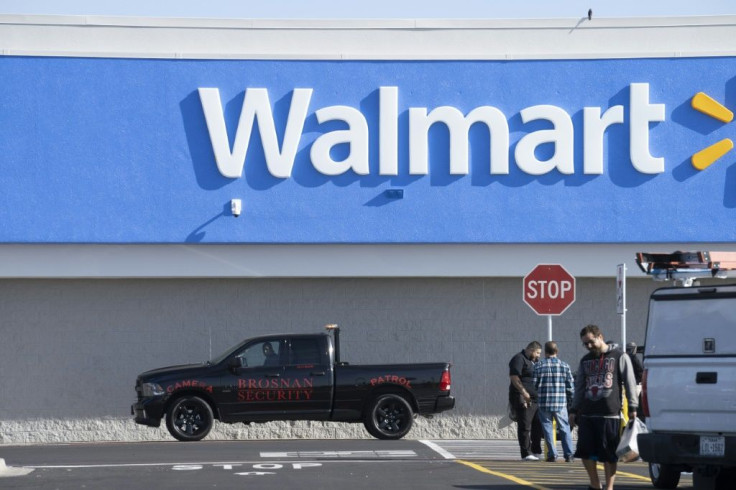Walmart News: Shareholders Accuse Retailer Of Turning Pharmacies Into Illegal Opioid Distribution Centers

KEY POINTS
- The suits were filed in Delaware Chancery court by two pension plans -- one in Massachusetts and the other in Detroit
- The suits accuse Walmart of promoting a steady stream of opioids through doctors' offices that wrote hundred of prescriptions
- CVS, Rite Aid, Walgreens and Giant Eagle also have come under scrutiny
Update: 11:05 a.m., June 19
“Walmart takes its responsibility to shareholders seriously. There is no credible basis to conclude Walmart or its board engaged in any misconduct. We will respond in court as appropriate,” Walmart spokesman Randy Hargrove said in a response emailed to International Business Times.
Original story
Two pension funds are suing Walmart, alleging the retail giant mishandled opioid painkillers in their stores for years, failing to take steps to prevent its pharmacies from becoming illegal distribution centers.
In a complaints filed Wednesday in Delaware, the Norfolk County (Massachusetts) Retirement System and the Police and Fire Retirement System of Detroit, which both own Walmart (WMT) shares, accused the company of using its political clout to try to foil a federal investigation into its actions. The suits allege Walmart executives promoted a steady stream of opioids to doctors’ practices that illegally wrote hundreds of prescriptions for the painkillers.
The suits demands access to Walmart’s internal files to determine whether it violated its obligations to shareholders.
The suits are the latest in a series of court actions detailing the roles of major retailers in the opioid crisis, which has killed more than 750,000 people since 1999.
Suits by state and local governments have largely focused on the pharmaceutical manufacturers, but a court filing late last month cast light on the role of retailers, including CVS [CVS], Rite Aid [RAD], Walgreens [WBA] and Giant Eagle, along with Walmart, accusing them of complicity.
Millions of pills were sold in tiny communities, with pharmacists earning bonuses for volume and receiving training so they could reassure customers the pills were safe.
“Opioids are made and marketed by drug manufacturers, not pharmacists. Pharmacists dispense opioid prescriptions written by a licensed physician for a legitimate medical need,” CVS said in a statement emailed to the New York Times.
In March, Walmart restricted acute opioid prescriptions to seven days, limiting daily morphine dosage to 50 milligrams.
The Centers for Disease Control and Prevention said in January overdose deaths had fallen 4.6% from their 2017 peak. But the coronavirus pandemic appears to be threating that progress. A May 13 tracking report from the Office of National Drug Control Policy found a statistically significant rise in overdoses since the pandemic began.
© Copyright IBTimes 2025. All rights reserved.






















